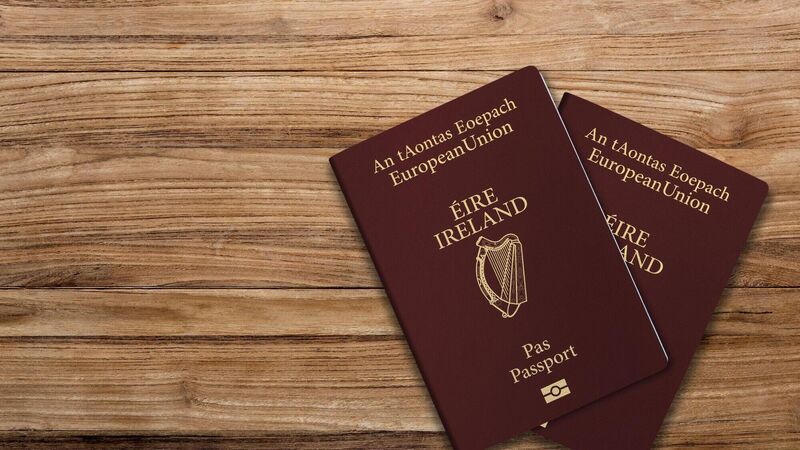KPMG found there was no legal basis for public services card database

Data protection commissioner Helen Dixon had already previously ruled as illegal any attempts by State agencies to make holding a PSC a mandatory requirement for people looking to access services like passport or driving licence applications.
The Department responsible for the beleaguered Public Services Card was unable to legally justify the creation of a database of citizens’ photos when the card process was reviewed by a private consultancy.
A data protection impact assessment (DPIA), compiled by KPMG and released to the Irish Council for Civil Liberties under freedom of information, was carried out in 2021 at the time the Department of Social Protection was upgrading the facial matching software it uses for authorising welfare payments in conjunction with the photo on each PSC.










